How to find a reliable machining foundry in China? The Ultimate Guide
Finding a reliable machining foundry in China can be a cost advantage, but it also comes with the challenge of varying quality. With the right approach, you'll be able to efficiently target quality partners and make "Made in China" a true guarantee for your products.
Why look for a machine shop in China? Advantages and Challenges
-
Significant cost advantages: Mature industrial chain brings very competitive offer (usually 30%-50% lower than Europe and America).
-
Strong manufacturing capabilities: The world's leading technology for metal machining, covering simple parts to high-precision 5-axis CNC machining.
-
Complete supply chain: Well-supported raw materials, moulds and surface treatment (e.g. electronic parts supply chain in Shenzhen and Dongguan, die-casting ecology in Ningbo).
-
Challenge:
-
Quality varies greatly: Small workshops coexist with large international manufacturers and need to be strictly screened.
-
Communication costs: Differences in language, time differences, and work habits require patience.
-
Intellectual property protection: Prevention needs to be strengthened through NDAs and contract clauses.
-
Step by Step: Key Steps to Finding a Reliable Machining Foundry
-
Precise definition of requirements:
-
Part Details: Provide complete 2D/3D drawings (labelled with key requirements such as materials, tolerances, surface finishes, etc.).
-
Process Requirements: CNC milling/turning, sheet metal, die casting, etc.
-
Quality Certification: Whether ISO 9001, IATF 16949 (automotive), ISO 13485 (medical), etc. are required.
-
Capacity and delivery: Clarify monthly requirements and desired lead times.
-
Budgetary scope: Provide a reasonable target price.
![图片[1]-如何在中国寻找到靠谱的机加工代工厂?终极指南(为什么在中国寻找机加工厂?优势与挑战并存)-大连富泓机械有限公司](https://cndlfh.com/wp-content/uploads/2025/06/QQ20250627-201124-1-800x668.png)
-
-
Efficient sourcing of potential suppliers:
-
Professional B2B platform: Focus on using Made-in-China.com and Alibaba.com (screening of "Golden Products Enterprise" and factory inspection reports).
-
Industry trade shows: Direct access to quality manufacturers at exhibitions such as Shanghai Industrial Fair, Shenzhen Machinery Exhibition, and Dalian Fuhong.
-
Precision Search Engine: Use keyword combinations such as "CNC machining China + [your industry/material]" and "precision metal fabrication Shenzhen".
-
Supply Chain Recommendations: Recommendations from existing partners or industry contacts are more reliable.
-
Geographic Focus: Dalian, Liaoning, and other industrial clusters.
-
-
Rigorous screening and in-depth assessment:
-
Qualification Review: Verification of business licence, certificates of accreditation (ISO, etc.), patented technologies.
-
In-depth competency assessment:
-
List of equipment: Existing CNC machine tools (brand, model, quantity, machining accuracy) and inspection equipment (CMM, projector, etc.) are required.
-
Technical team: Understanding of engineer experience and technical responsiveness.
-
Typical case: Focus on success stories that are similar to your product.
-
-
Quality System Review:
-
Requirements for quality control flow charts, IPQC inspection report templates, and final inspection criteria.
-
Ask about the specifics of how incoming, in-process, and outgoing inspections are performed.
-
-
Transparent communication: Evaluate English communication skills, responsiveness and problem solving attitude.
-
-
Sample validation and quote analysis:
-
Proofing Requirements: Pay a reasonable fee to request small batch trial production and rigorous testing of samples (size, material, function, surface treatment).
-
Quote Comparison: Get 3-5 detailed quotations (including material cost, processing cost, mould cost, management fee, tax) and be alert to the trap of abnormally low price.
-
-
The all-important factory field audit:
-
On-site management: Observe 6S implementation (organise, tidy, sweep, clean, literacy, safety), equipment maintenance status.
-
Quality Processes: On-site view of the use of testing equipment, quality inspection records, defective products handling process.
-
Production control: Understanding of production planning, materials management, and progress tracking systems.
-
Interview the team: Communicate directly with production, quality, and project leaders.
![图片[2]-如何在中国寻找到靠谱的机加工代工厂?终极指南(为什么在中国寻找机加工厂?优势与挑战并存)-大连富泓机械有限公司](https://cndlfh.com/wp-content/uploads/2025/06/QQ20250627-201220-1-800x650.png)
-
-
Contracting: Protecting your rights
-
Clarify technical specifications: Include drawings, quality standards, and acceptance methods as annexes to the contract.
-
Price & Payment: Agree on price adjustment mechanism, payment nodes (e.g. 30% deposit + 70% see copy of bill of lading).
-
Delivery dates and defaults: Clarify delivery dates and liability for delays.
-
Intellectual Property Rights: A strict non-disclosure agreement (NDA) is signed to clarify the ownership of the design.
-
Quality claims: Provide for return, exchange, rework and compensation provisions for quality issues.
-
Dispute Resolution: Agreement on the place of arbitration (e.g. CIETAC).
-
The key to building long-term win-win co-operation
-
Clear communication: Regular videoconferences (using Zoom/Teams) to create exclusive communication groups.
-
Process monitoring: Require photo/video reporting of key nodes and sharing of progress using production management software.
-
Resident QC: Consider third party (e.g. SGS, BV) or full-time factory inspection for large volume orders.
-
Fostering partnerships: Timely payment, long-term cooperation to give a reasonable profit margin, and work together to solve the problem.
-
Continuous optimisation: Regularly review quality data (e.g. DPPM), lead time achievement and drive continuous improvement.
Case Study: Analysis of Successful Strategies
-
European and American Medical Devices, Inc: Through the Shanghai Industrial Fair to lock 3 potential suppliers, after rigorous audits (ISO 13485 certification, cleanroom inspection) and sample testing (biocompatible material verification), selected Suzhou manufacturers, cooperation for 3 years product defective rate <0.1%.
-
Shenzhen consumer electronics brand: Alibaba screening 5 Dongguan manufacturers, through the comparison of quotations (found a material misrepresentation) and on-site inspection of the factory (focusing on the degree of ESD protection and automation), selected partners, successfully shortened the new product launch cycle 30%.
Quote Comparison Reference Table (example)
| sports event | Supplier A (Kunshan) | Supplier B (Dongguan) | Supplier C (Qingdao) | Your Goals |
|---|---|---|---|---|
| Material costs (yuan/piece) | 8.50 | 7.80 | 9.20 | ≤ 8.00 |
| Processing fee (yuan/piece) | 12.00 | 10.50 | 14.00 | ≤ 12.00 |
| surface treatment cost | 3.00 (anodised) | 2.50 (sandblasted + anodised) | 4.00 (plating) | ≤ 3.00 |
| Mould fee (one-off) | 15,000 | 12,000 | 18,000 | ≤ 15,000 |
| Minimum Order Quantity (MOQ) | 500 pieces | 1000 pieces | 300 pieces | ≤ 500 pieces |
| Lead time (sample/lot) | 15 days / 30 days | 10 days / 25 days | 20 days / 35 days | ≤ 15 days / ≤ 30 days |
| Accreditation status | ISO 9001 | ISO 9001, IATF 16949 | ISO 9001 | IATF 16949 |
concluding remarks
Finding a quality machining foundry in China requires a systematic strategy: from requirements clarification to multi-channel sourcing, from technical evaluation to on-site factory inspection, to rigorous contract signing and process management. By following this guide, you will greatly increase your success rate in finding a reliable partner and turning the advantages of a global manufacturing centre into your core competence.
Need a verified list of quality Machining suppliers in China? Contact us today to get free customised recommendations!



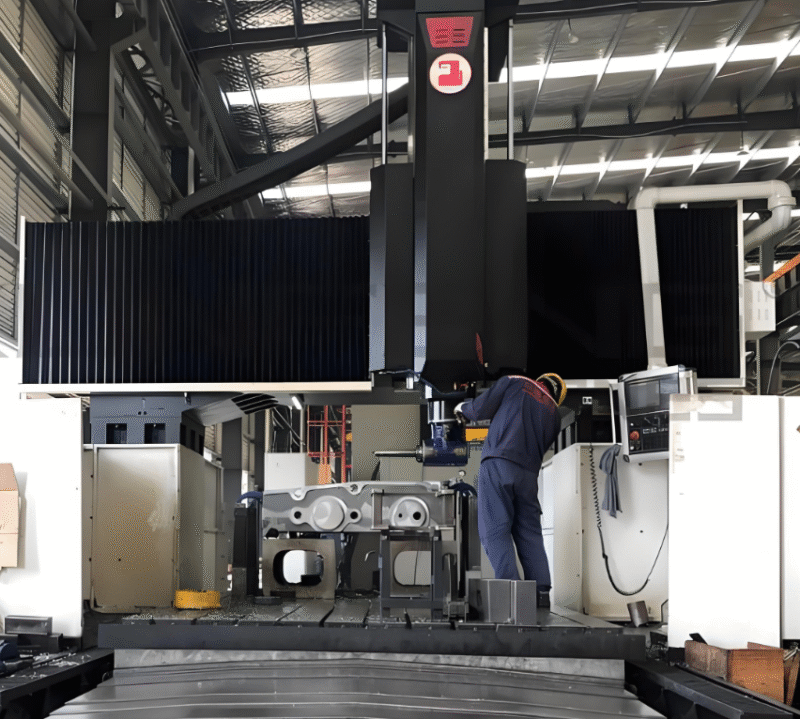
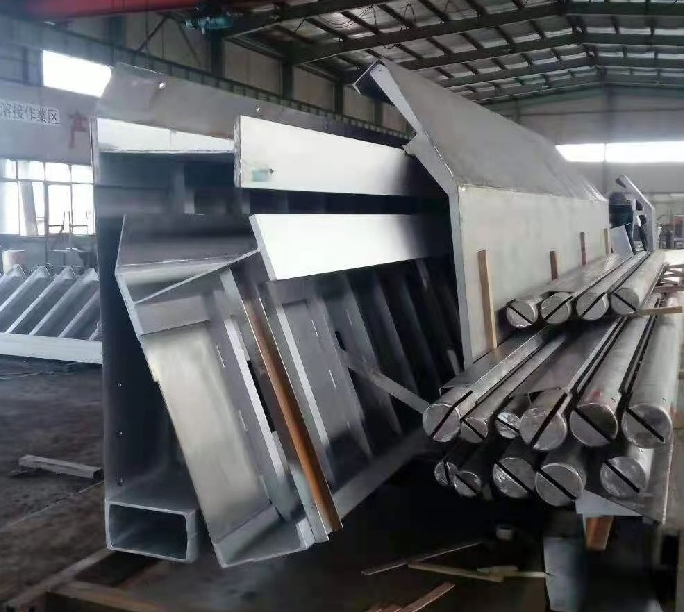
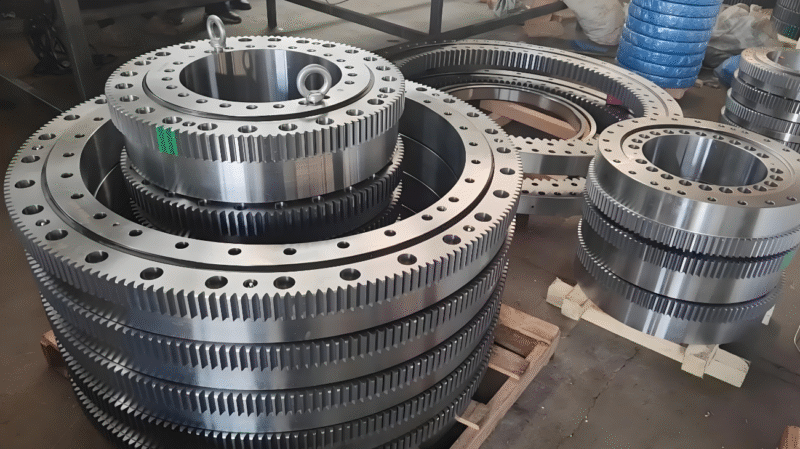
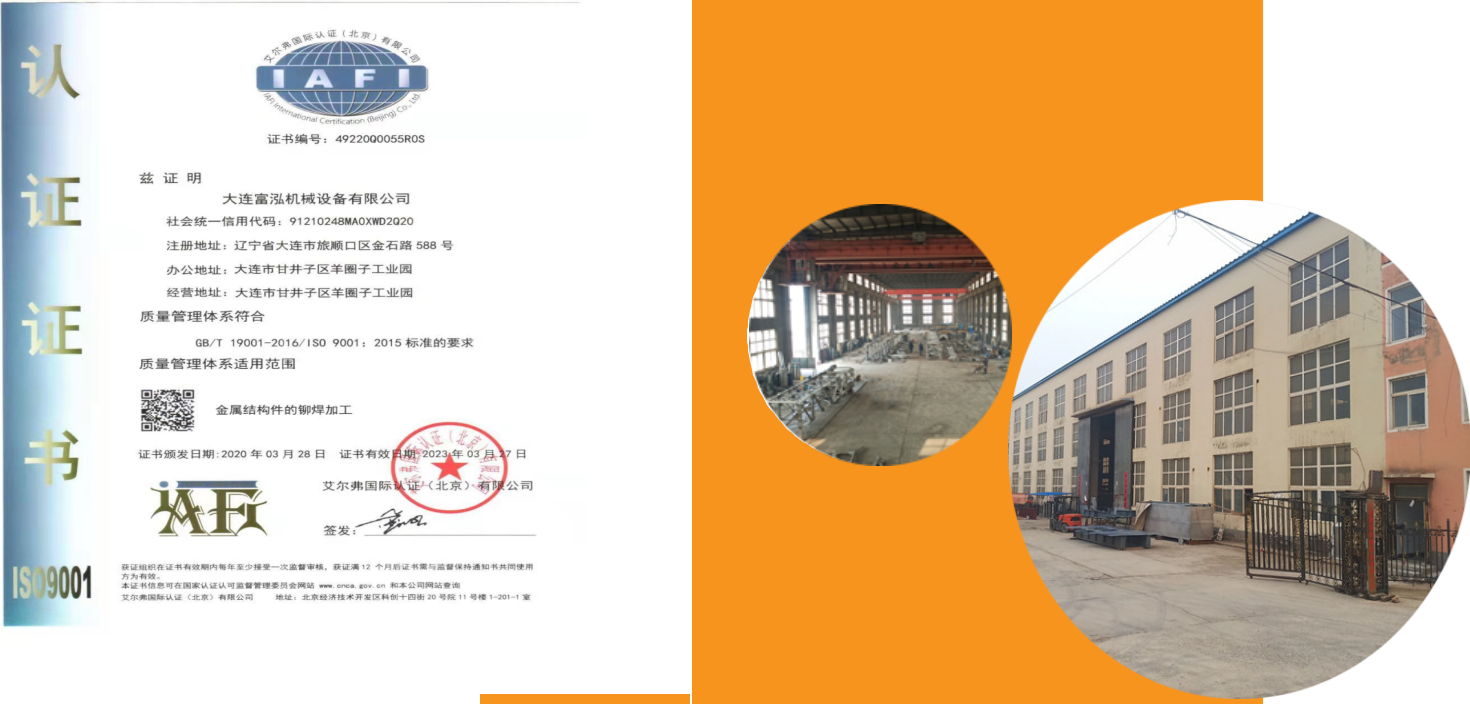
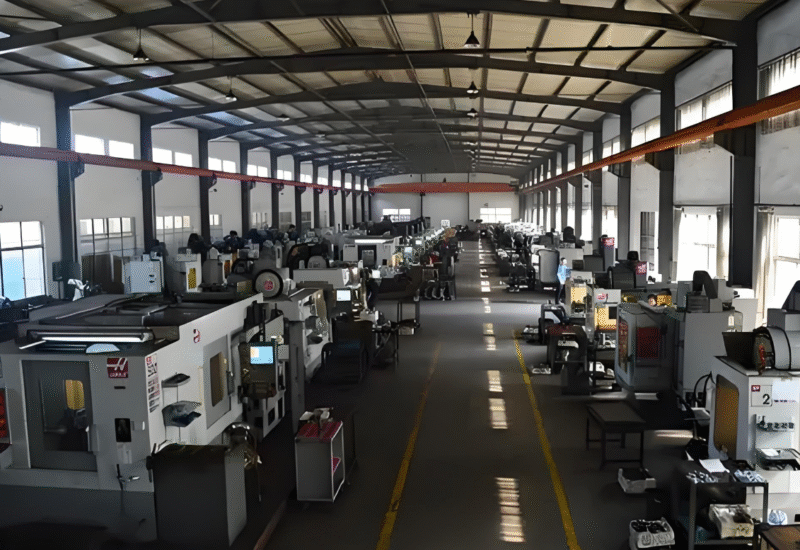

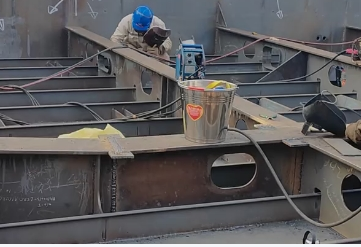
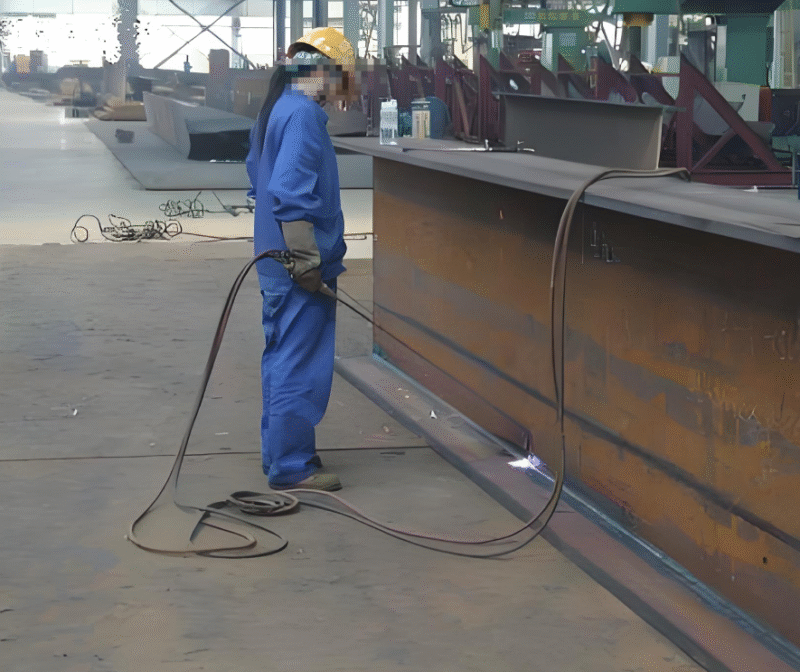
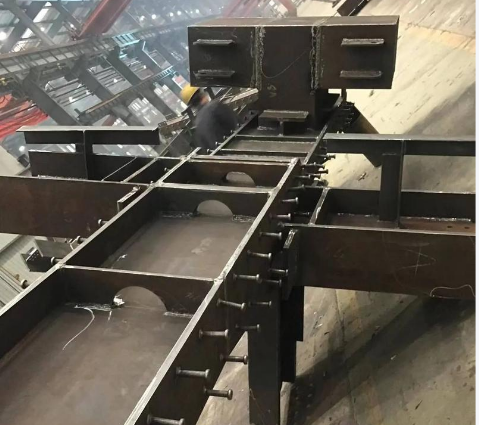

No comments